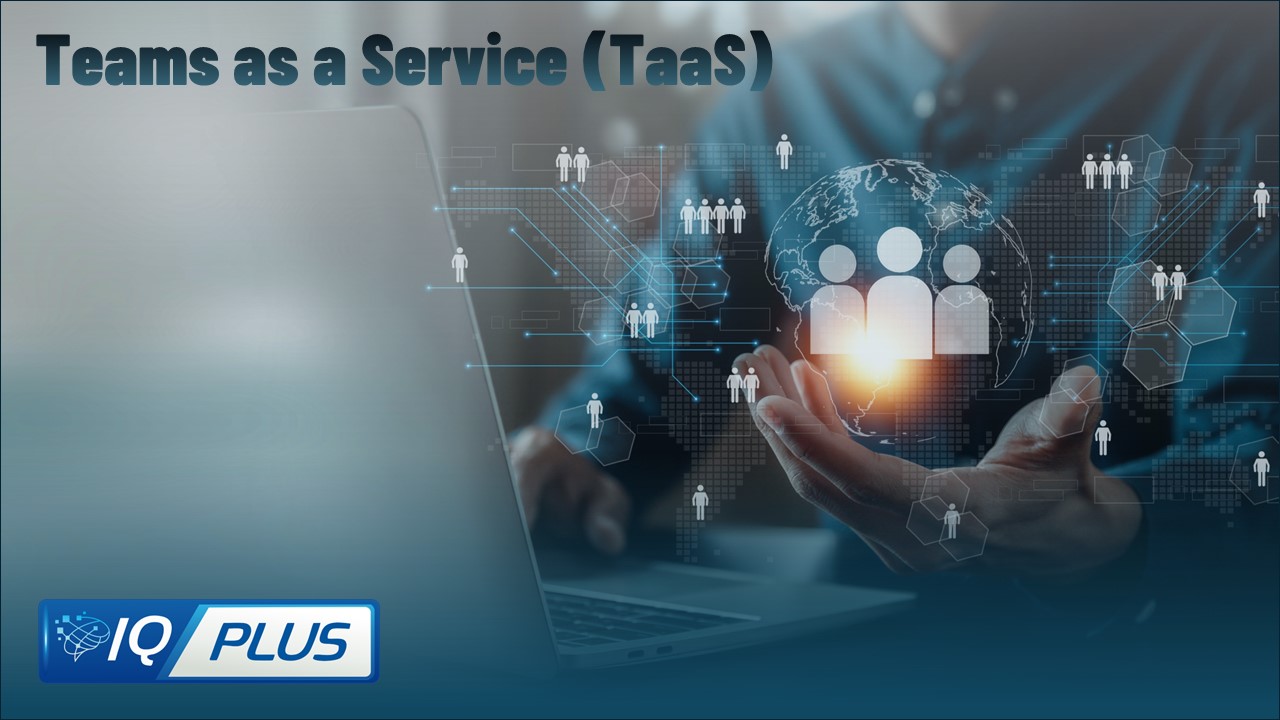Digital Transformation in UAE/KSA: Top Technologies to Watch in 2025
As the UAE and Saudi Arabia continue to drive their digital transformation agendas, emerging technologies play a crucial role in shaping the future of various industries. With ambitious visions like the UAE’s Digital Government Strategy and Saudi Arabia’s Vision 2030, the region is poised for significant advancements. This blog highlights the top technologies to watch in 2025 that are set to impact the GCC market profoundly.
1. Artificial Intelligence (AI)
Transformative Potential
Artificial Intelligence stands out as one of the most transformative technologies in the GCC. Governments and enterprises are increasingly adopting AI to enhance decision-making, improve operational efficiency, and deliver personalized services. In the UAE, initiatives such as the UAE Artificial Intelligence Strategy aim to position the nation as a global leader in AI by 2031.
Real-World Applications
Businesses are utilizing AI across various sectors, from finance and healthcare to retail and logistics. For instance, AI-driven chatbots are improving customer service experiences, while predictive analytics in healthcare is enhancing patient care through data-driven insights. By 2025, we can expect AI to be deeply integrated into business processes, enabling more automated and intelligent operations.
2. Data Analytics
The Power of Data
Data analytics is revolutionizing how organizations in the GCC leverage information to drive business decisions. As companies collect vast amounts of data, the ability to analyze and interpret this data will become essential for competitive advantage. By 2025, advanced analytics tools will empower businesses to uncover trends, optimize processes, and enhance customer experiences.
Industry Impacts
In sectors like retail, data analytics will enable businesses to understand consumer behavior better and tailor offerings accordingly. In finance, predictive analytics can help manage risks and improve investment strategies. The growing emphasis on data privacy and governance will also shape how organizations manage and utilize data.
3. Cloud Computing
Scalability and Flexibility
Cloud computing is at the forefront of digital transformation, providing businesses with the scalability and flexibility needed to thrive in a rapidly changing environment. The GCC market is witnessing a surge in cloud adoption, driven by the need for remote work solutions and enhanced collaboration tools.
Key Trends
By 2025, we expect to see a continued shift toward hybrid and multi-cloud strategies, allowing organizations to leverage the best features of various cloud providers. Additionally, the rise of cloud-native applications will enable businesses to innovate faster and deploy services more efficiently. Companies in the UAE and KSA are already leveraging cloud solutions to enhance their IT infrastructure and support digital initiatives.
4. Internet of Things (IoT)
Connectivity and Automation
The Internet of Things is set to play a pivotal role in the digital landscape of the GCC. As more devices connect to the internet, businesses can collect real-time data and automate processes, leading to increased efficiency and reduced operational costs.
Sector Applications
IoT has significant implications across sectors, including smart cities, manufacturing, and logistics. For instance, in smart city initiatives, IoT technologies enable better resource management and improved public services. By 2025, we can expect widespread IoT adoption to drive innovation and enhance the quality of life in urban areas.
5. Blockchain Technology
Enhancing Trust and Transparency
Blockchain technology is gaining traction in the GCC as organizations seek to enhance transparency and security in their operations. With its decentralized nature, blockchain offers a reliable solution for secure transactions and data sharing.
Future Prospects
In sectors like finance, real estate, and supply chain management, blockchain can streamline processes and reduce fraud. By 2025, we anticipate that more businesses in the UAE and KSA will integrate blockchain solutions to improve efficiency and build trust with customers and partners.
Conclusion
The digital transformation journey in the UAE and Saudi Arabia is set to accelerate, driven by emerging technologies like AI, data analytics, cloud computing, IoT, and blockchain. As businesses adapt to these advancements, they will unlock new opportunities for innovation and growth.
At IQPlus Technologies, we are committed to helping organizations navigate the complexities of digital transformation. By leveraging these top technologies, businesses can enhance their operational capabilities and achieve strategic objectives. Partner with us to stay ahead of the curve and embrace the future of digital transformation in the GCC.



